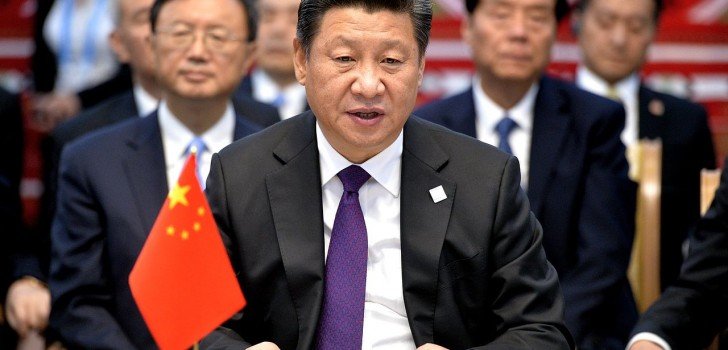The United States, in an unprecedented move, is preparing a comprehensive list of economic sanctions to be imposed against China for benefitting from its cyber theft of United States trade secrets.
The sanctions are aimed against both the Chinese government and private companies and individuals. While the Obama administration has yet to decide if it will impose the sanctions, it seems like the decision to do so has already been made.
The news comes as Chinese president Xi Jinping prepares for a state visit in September.
Issuing such sanctions against China would show a drastic expansion of the United States government’s response to increased “cyber-economic espionage” committed by Chinese hackers. Officials allege that such hackers have stolen secrets from every industry, including the government. The issuance of sanctions would come at a precarious time as China’s President, Xi Jinping, is set to visit President Obama next month.
In addition to cyber attacks, there are several other issues that exist between the world’s two largest economies. China’s recent devaluation of its currency is one major issue. However, despite their disagreements, the two countries also have deep trade ties. Imposing tough sanctions on China is not something the United States takes lightly.
In fact, if the United States imposes the expected sanctions, it will be the first time it does so under Obama’s April executive order stating that the President “find[s] that the increasing prevalence and severity of malicious cyber-enabled activities originating from, or directed by persons located, in whole or in substantial part, outside the United States constitute an unusual and extraordinary threat to the national security, foreign policy, and economy of the United States. [He] hereby declare[s] a national emergency to deal with this threat.”
The order authorizes the government “to freeze financial and property assets of, and bar commercial transactions with, individuals and entities overseas who engage in destructive attacks or commercial espionage in cyberspace.”
When questioned, a White House official stated that, “As the president said when signing the executive order enabling the use of economic sanctions against malicious cyber actors, the administration is pursuing a comprehensive strategy to confront such actors. That strategy includes diplomatic engagement, trade policy tools, law enforcement mechanisms, and imposing sanctions on individuals or entities that engage in certain significant, malicious cyber-enabled activities.”
China is responsible for the vast majority of cyber attacks committed against the United States.
As pointed out by another White House official, the expected sanctions will “send a signal to Beijing that the administration is going to start fighting back on economic espionage and it sends a signal to the private sector that we’re on your team. It tells China, enough is enough.”
Essentially, most important and reputable financial institutions refuse to do business with individuals sanctioned by the United States. Therefore, as pointed out by analyst Zachary Goldman, those affected by the sanctions “will effectively be put out of business.” He further stated that “any company that’s been targeted under this authority will likely find it very difficult to participate in the international financial sector.”
While some experts warn that imposing such sanctions against China are risky and that China may retaliate, others feel that it must be done. As sanctions alone will likely not change China’s behavior, one official stated that, “Done in tandem with other diplomatic pressure, law enforcement, military, intelligence, then you can actually start to impose costs and indicate that there are costs to the bilateral relationship.”
Stay Connected